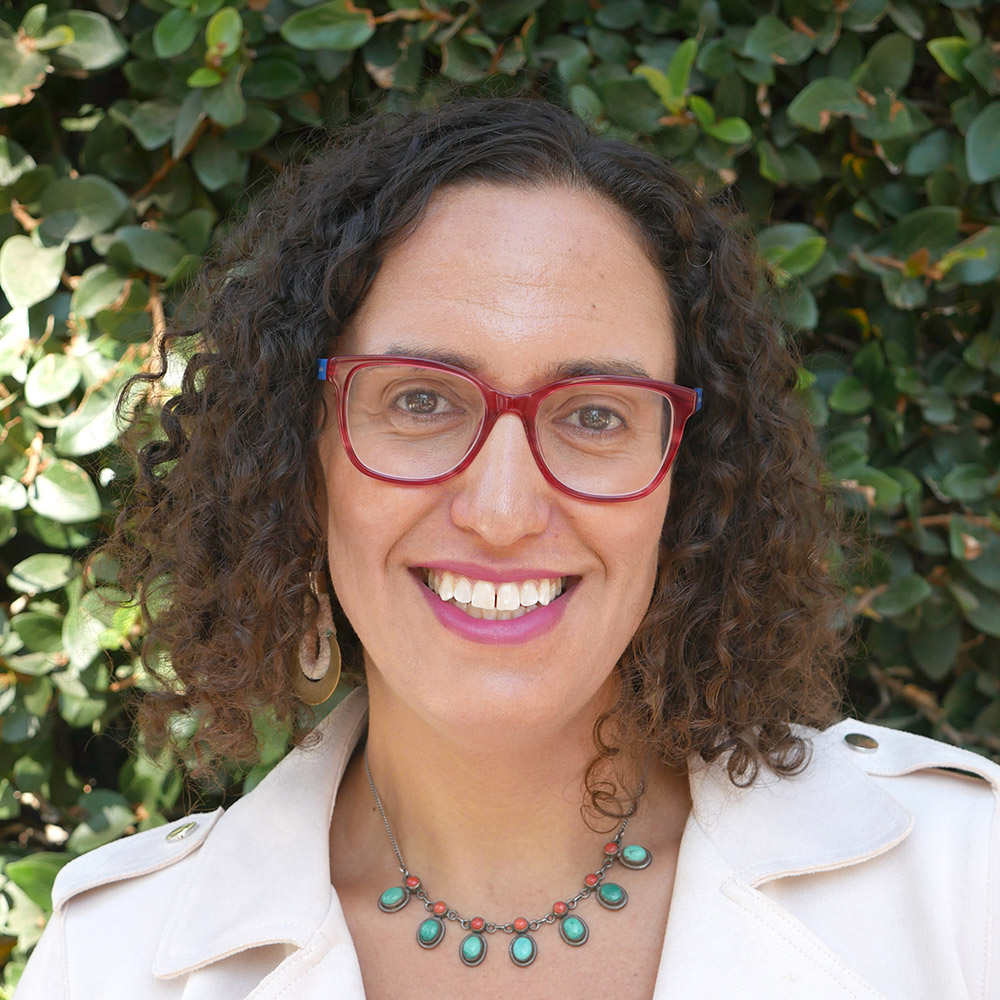Postdoctoral scholar Emily Koren shares her desires and goals for her next stop in academia.
You’ve been a postdoctoral scholar/researcher at the Pullias Center since September 2002, working on the Faculty, Academic Careers and Environments (FACE) Project with Adrianna Kezar and KC Culver. Please share what your experience has been like for you, and how your previous education and experiences informed this position.
Working on the FACE project has been an excellent opportunity to learn more about faculty work experiences and working on a large-scale National Science Foundation (NSF) grant. I bring valuable skills to the team, such as my experience with survey design, focus groups and quantitative methodology. My research focuses on disability, mental health and support, and these areas of expertise have enabled me to contribute meaningfully in the areas of equity and justice.
How do you believe that your professional skills and research abilities have evolved since beginning work on the project? Is this what you expected when you first joined the Center?
Before coming to the Pullias Center I had read many of Dr. Kezar’s books and articles and was thrilled to have the opportunity to work with her. What I did not realize was how many of the other Pullias scholars I also knew (through their work).
My professional skills have evolved through working with various stakeholders, advisory board members, university administrators, and leaders of higher education organizations across the country. For me personally, students are always on my mind. Working on the FACE project has led me to ponder a new question: how do the work experiences and support networks of faculty impact the support they provide to students and colleagues? I am especially curious about faculty with disabilities and multiply minoritized faculty. The FACE team spends a lot of time thinking about who faculty are and we use the term faculty to include full and part-time instructors, researchers, lecturers, adjuncts, and research scientists.
What aspect(s) of the project have you enjoyed the most? And how will this inform the type of position you’re looking for now?
I enjoy working with Drs. Kezar and Culver to plan and execute our grant activities. FACE is a big project, and we have activities planned for several years. They have encouraged me to take the lead on important aspects of survey design, analysis and writing. In addition to my previous research and teaching experience, my work at Pullias makes me a stronger faculty candidate because I am well-positioned to secure funding for projects in the future.
Please describe your dream position in academia:
My goal is to become a tenure-track faculty member in a college or school of education, while my dream is to work in an environment that is humanizing and provides support to early career faculty. It is important to me to work for an institution that is interested in research in critical disability studies and critical quantitative methods in higher education. I am especially interested in working at a Hispanic Serving Institution (HSI) or an emerging HSI because I have research experience in this area and can contribute meaningfully through research and service. I also have experience teaching across various levels and modalities (M.A., M.Ed., Ph.D., Ed.D.; hybrid, in-person, remote, asynchronous).
Contact Emily Koren here.








